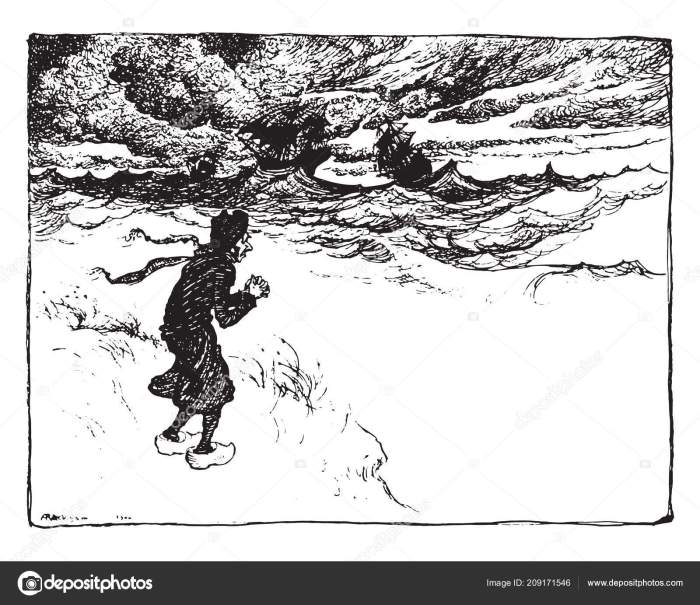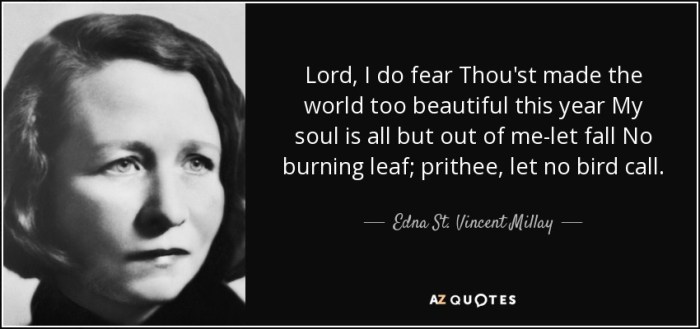Delving into the enigmatic phrase “prithee let us repair unto the wood anon,” this exploration unveils its historical origins, grammatical intricacies, and enduring cultural significance. As we embark on this linguistic journey, we unravel the tapestry of words, revealing the profound impact of this timeless expression.
From its humble beginnings to its enduring legacy, “prithee let us repair unto the wood anon” invites us to explore the depths of language and its power to shape our understanding of the world around us.
Contextual Meaning and Usage

The phrase “prithee let us repair unto the wood anon” emerged during the Elizabethan era in England, reflecting the courtly language and social conventions of the time. It was commonly employed in literary works and formal speech to convey a polite request or invitation to accompany someone to a secluded wooded area.
Examples of its usage can be found in William Shakespeare’s plays, such as in “As You Like It,” where Rosalind uses the phrase to invite Orlando to join her in the Forest of Arden. The phrase implies a sense of intimacy and privacy, suggesting a desire for escape from the constraints of society and the pursuit of romantic or amorous encounters.
Etymological Origins

The phrase “prithee let us repair unto the wood anon” is derived from several Old and Middle English words. “Prithee” is a contraction of “I pray thee,” a polite form of address expressing a request. “Let us repair” means “let us go,” while “unto” is an archaic preposition meaning “to.”
“Wood” refers to a forest or wooded area, and “anon” means “immediately” or “soon.”
The phrase’s evolution reflects the linguistic and cultural shifts that occurred during the transition from Old to Middle to Modern English. The archaic forms and grammatical structures employed contribute to its distinctive and somewhat formal tone.
Grammatical Structure and Syntax

The phrase “prithee let us repair unto the wood anon” follows the grammatical structure of a request or invitation. It begins with an imperative verb (“prithee”), followed by a subject (“let us”), a verb (“repair”), an object (“unto the wood”), and an adverb (“anon”).
The use of the archaic form “prithee” and the inverted word order (“let us repair”) add to the phrase’s formal and polite tone. The adverb “anon” conveys a sense of urgency, suggesting that the request should be acted upon promptly.
Rhetorical Devices and Literary Techniques: Prithee Let Us Repair Unto The Wood Anon
The phrase “prithee let us repair unto the wood anon” employs several rhetorical devices to enhance its effectiveness. The use of alliteration in “prithee” and “repair” creates a sense of rhythm and flow. The assonance in “wood” and “anon” further contributes to the phrase’s euphonic qualities.
The phrase also utilizes the literary technique of foreshadowing. The invitation to go to the wood suggests the possibility of romantic or amorous encounters, hinting at events that may unfold later in the narrative.
Cultural and Historical Significance

The phrase “prithee let us repair unto the wood anon” reflects the cultural and historical context of the Elizabethan era in England. It embodies the courtly language and social conventions of the time, where formality and politeness were highly valued.
The phrase’s association with romantic encounters and the pursuit of privacy reflects the changing attitudes towards love and marriage during the Renaissance period. It captures the desire for escape from societal constraints and the exploration of personal freedom.
Top FAQs
What is the historical context of “prithee let us repair unto the wood anon”?
The phrase emerged in the 16th century, commonly used in plays and literature to convey a sense of urgency and desire to escape to a secluded or natural setting.
How has the meaning of “prithee let us repair unto the wood anon” evolved over time?
While the core meaning of seeking refuge in nature remains, the phrase has acquired a broader connotation of seeking solace, privacy, or a respite from societal pressures.
What are the key grammatical features of “prithee let us repair unto the wood anon”?
The phrase employs archaic language, including the use of “prithee” as a polite request and “anon” to indicate immediacy. Its grammatical structure reflects the formal style of the era in which it originated.